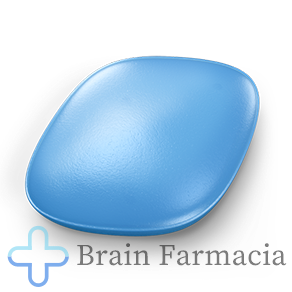Understanding the Link Between Diet and Heart Health
Heart health is crucial for overall well-being. Research has shown that the foods we consume can have a significant impact on heart health. By making mindful choices in our diet, we can reduce the risk of heart disease and promote a healthy cardiovascular system.
The Role of Healthy Fats
Not all fats are created equal. While saturated and trans fats can increase the risk of heart disease, healthy fats like monounsaturated and polyunsaturated fats can protect against it. These fats can be found in foods like avocados, nuts, seeds, and fatty fish. Including these sources of healthy fats in our diet can help lower LDL cholesterol levels and reduce the risk of heart disease.
The Importance of Fiber
Dietary fiber plays a crucial role in maintaining heart health. It helps lower LDL cholesterol levels, regulates blood sugar levels, and promotes a healthy weight. Consuming fiber-rich foods such as whole grains, fruits, vegetables, and legumes can significantly reduce the risk of heart disease. Aim for at least 25-30 grams of fiber per day for optimal heart health.
Exercise and its Impact on Mental Health
Regular exercise is not only beneficial for physical fitness but also plays a vital role in maintaining good mental health. Engaging in physical activity can have a positive impact on various aspects of mental well-being, including reducing stress, improving mood, and boosting self-esteem.
Reducing Stress with Exercise
Physical activity is an excellent way to relieve stress. When we exercise, our body releases endorphins, which are natural mood-boosting hormones. These endorphins help reduce stress levels and enhance our overall sense of well-being. Incorporating activities like walking, jogging, yoga, or dancing can effectively reduce stress and improve mental health.
Improving Mood and Self-esteem
Regular exercise has been shown to improve mood and increase self-esteem. Exercise stimulates the production of serotonin and dopamine, neurotransmitters that play a crucial role in regulating mood and emotions. Engaging in activities that we enjoy, such as cycling, swimming, or playing a sport, can boost our mood and enhance self-confidence.






